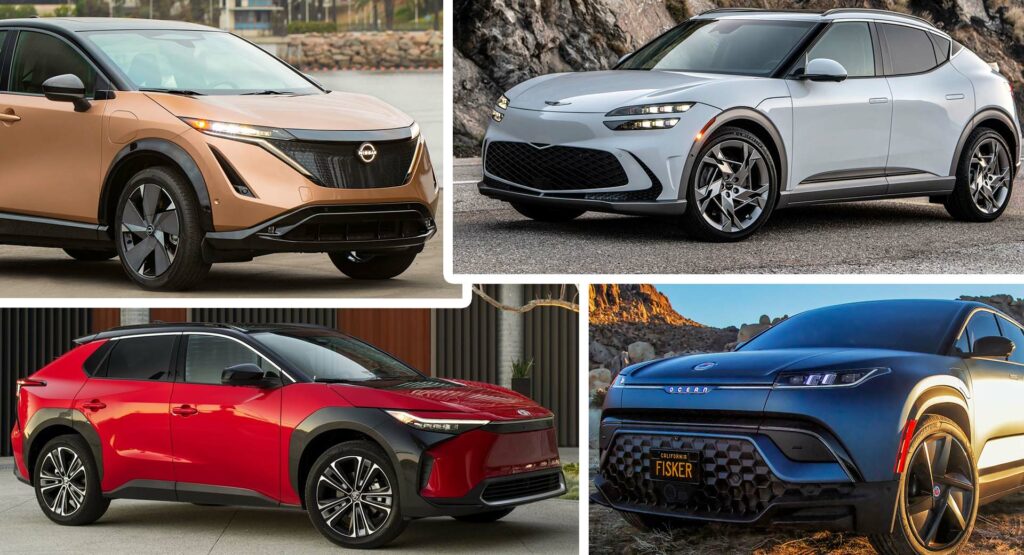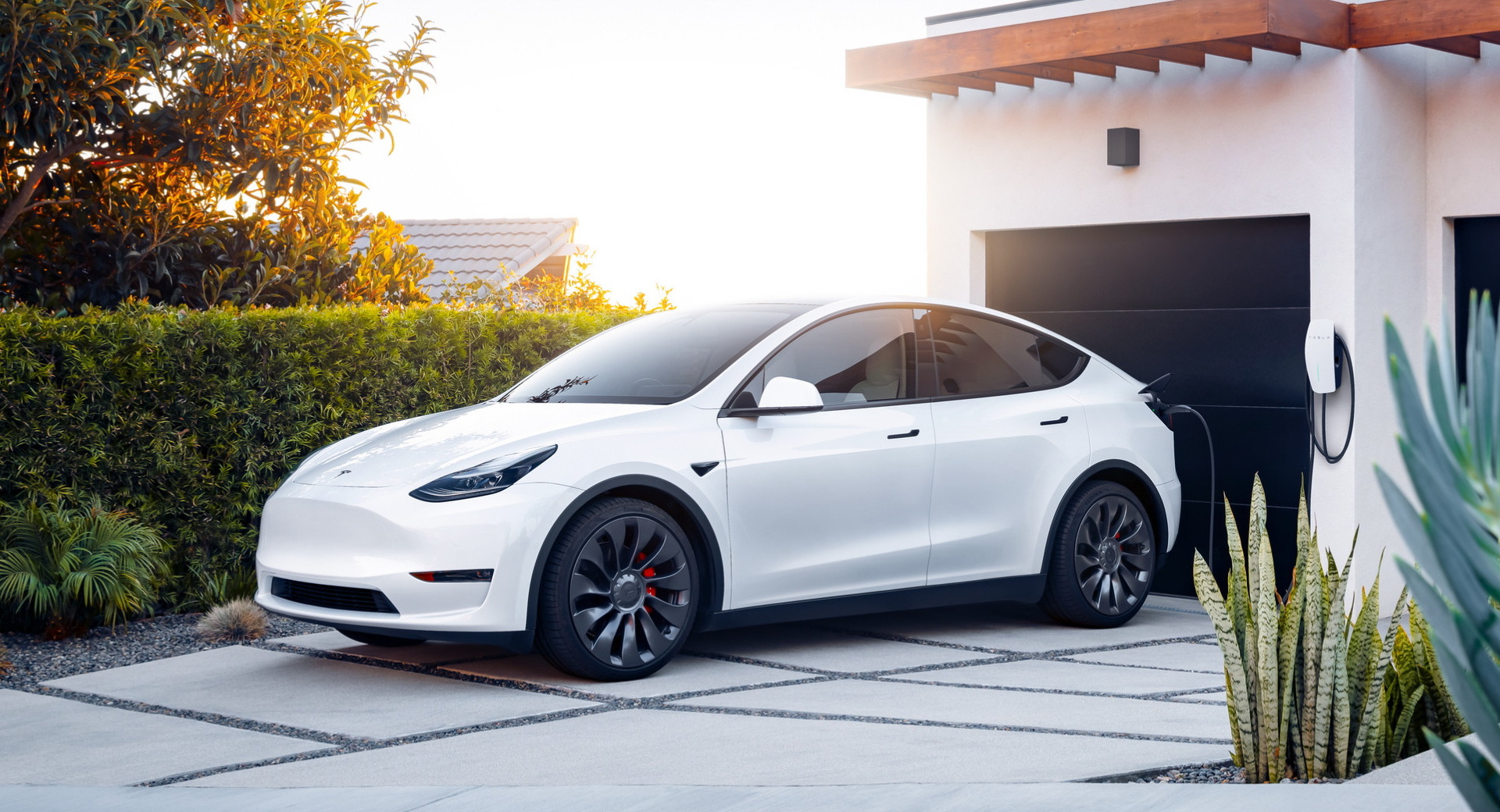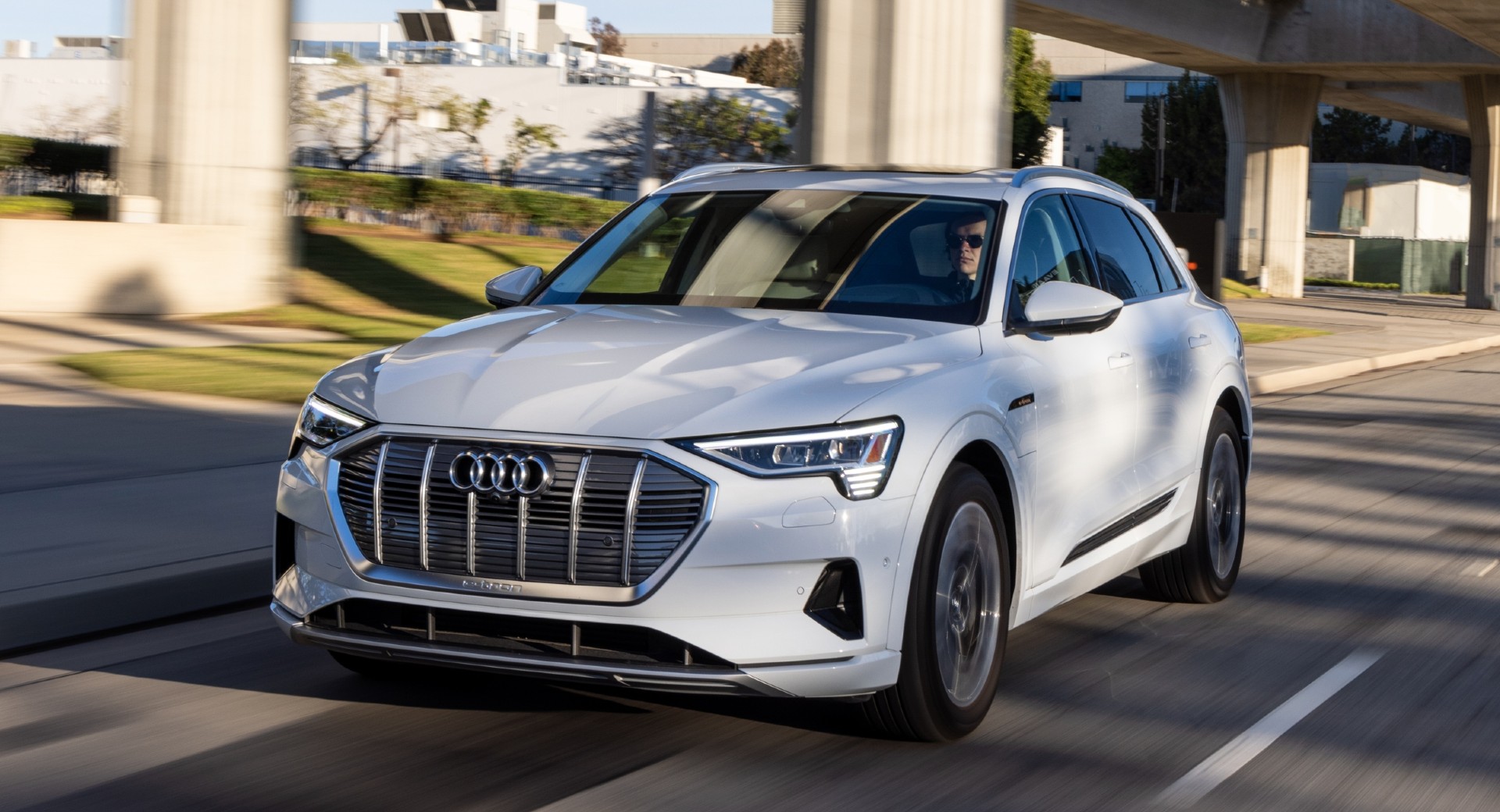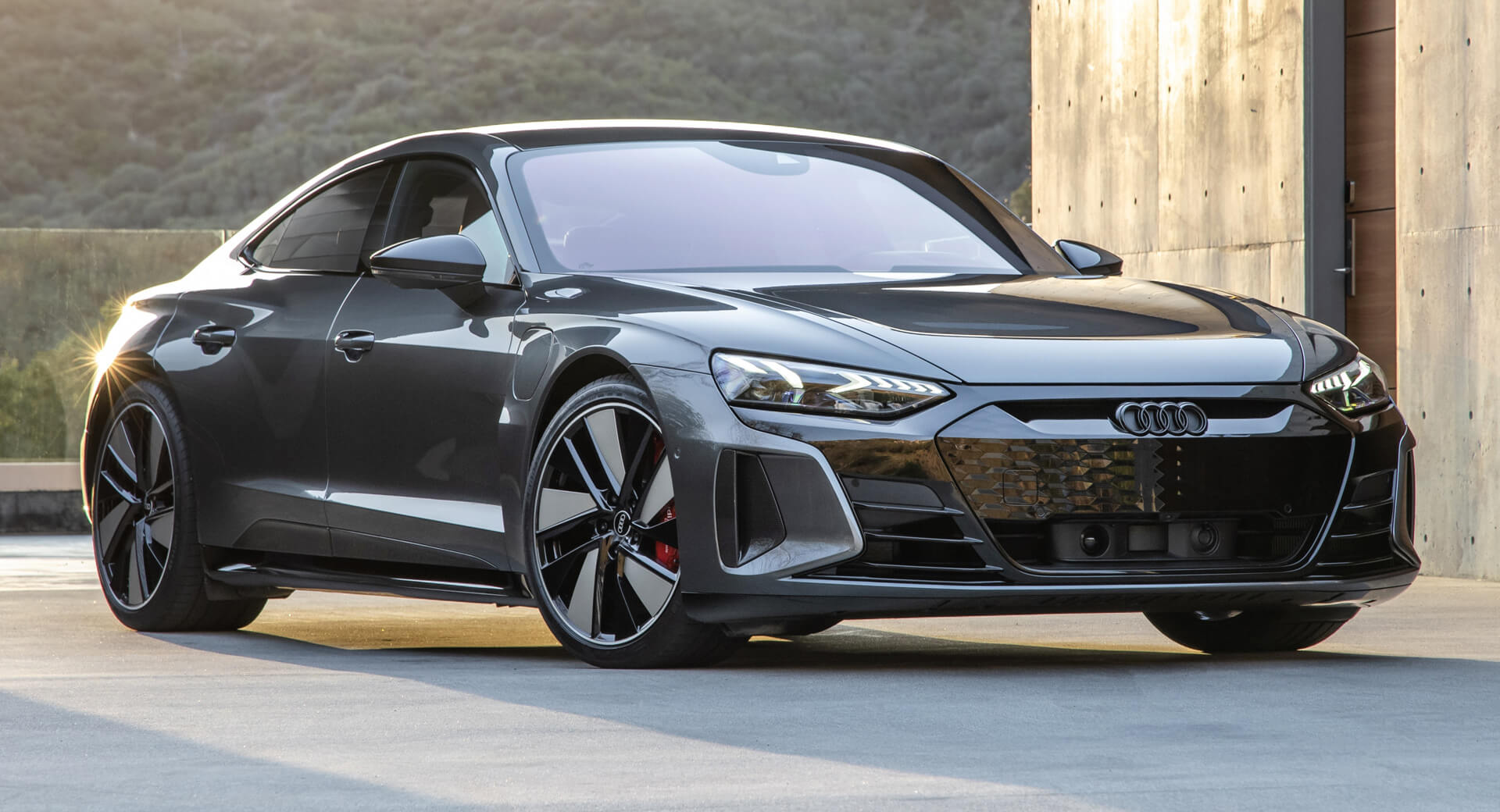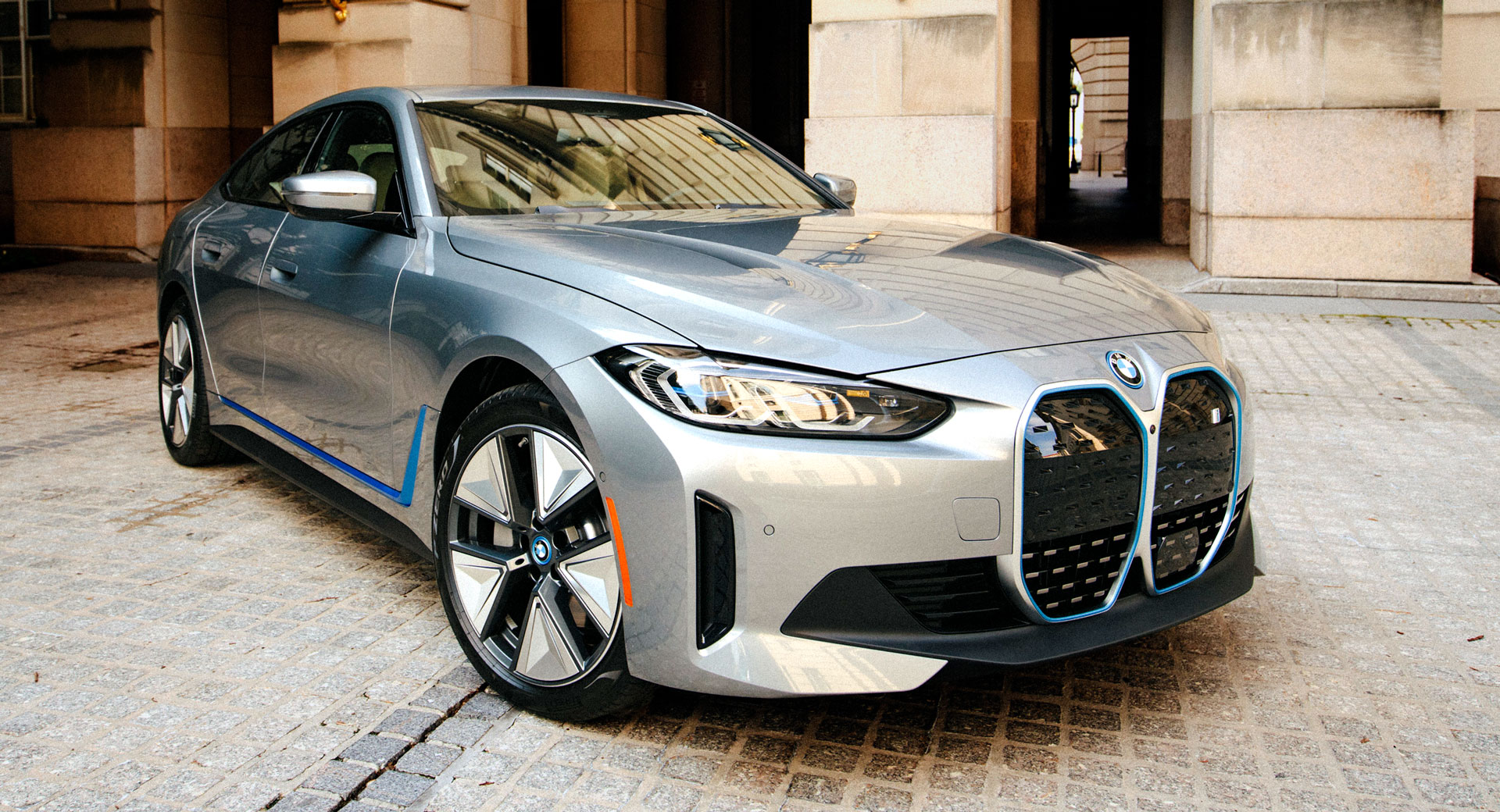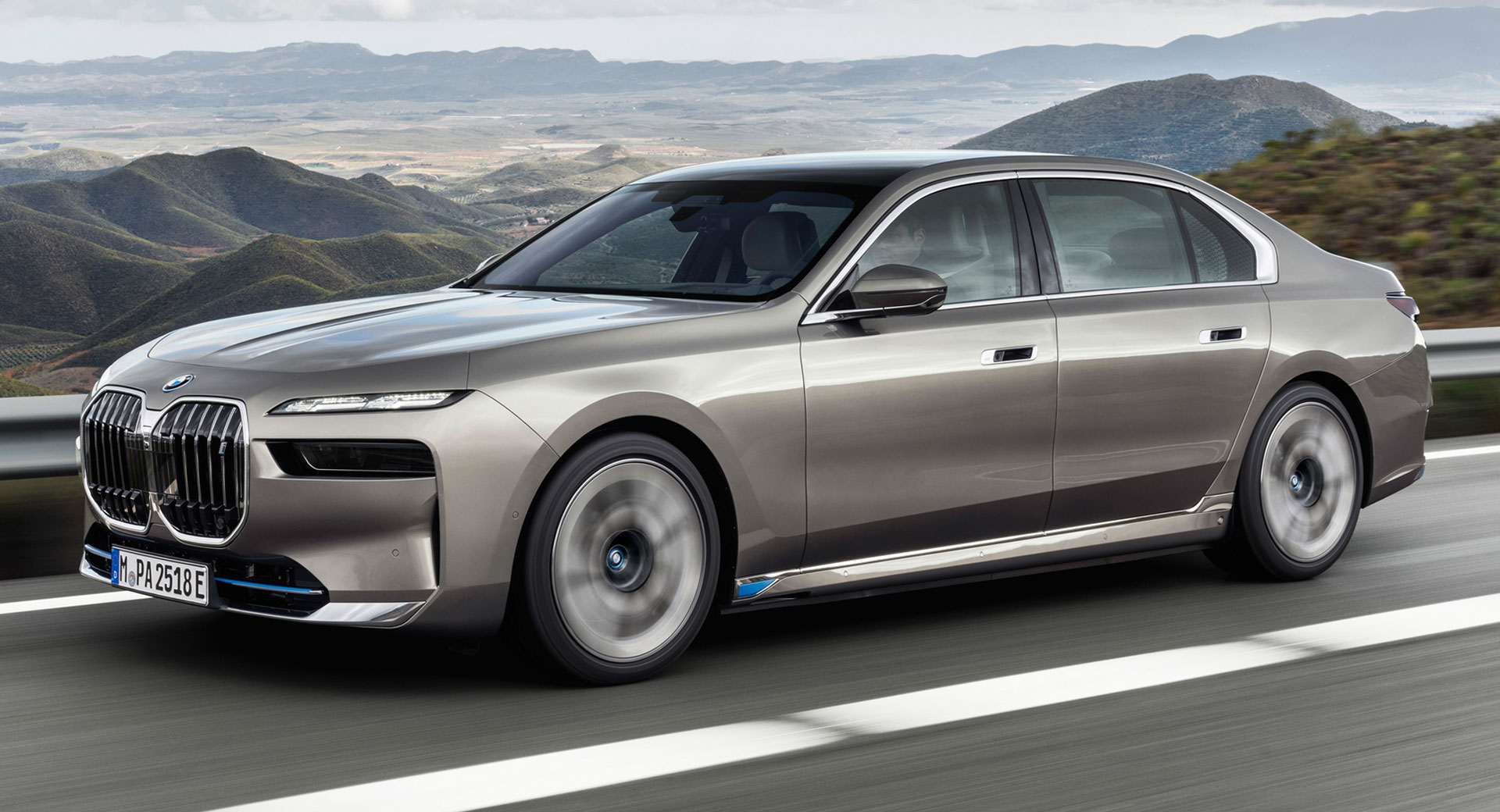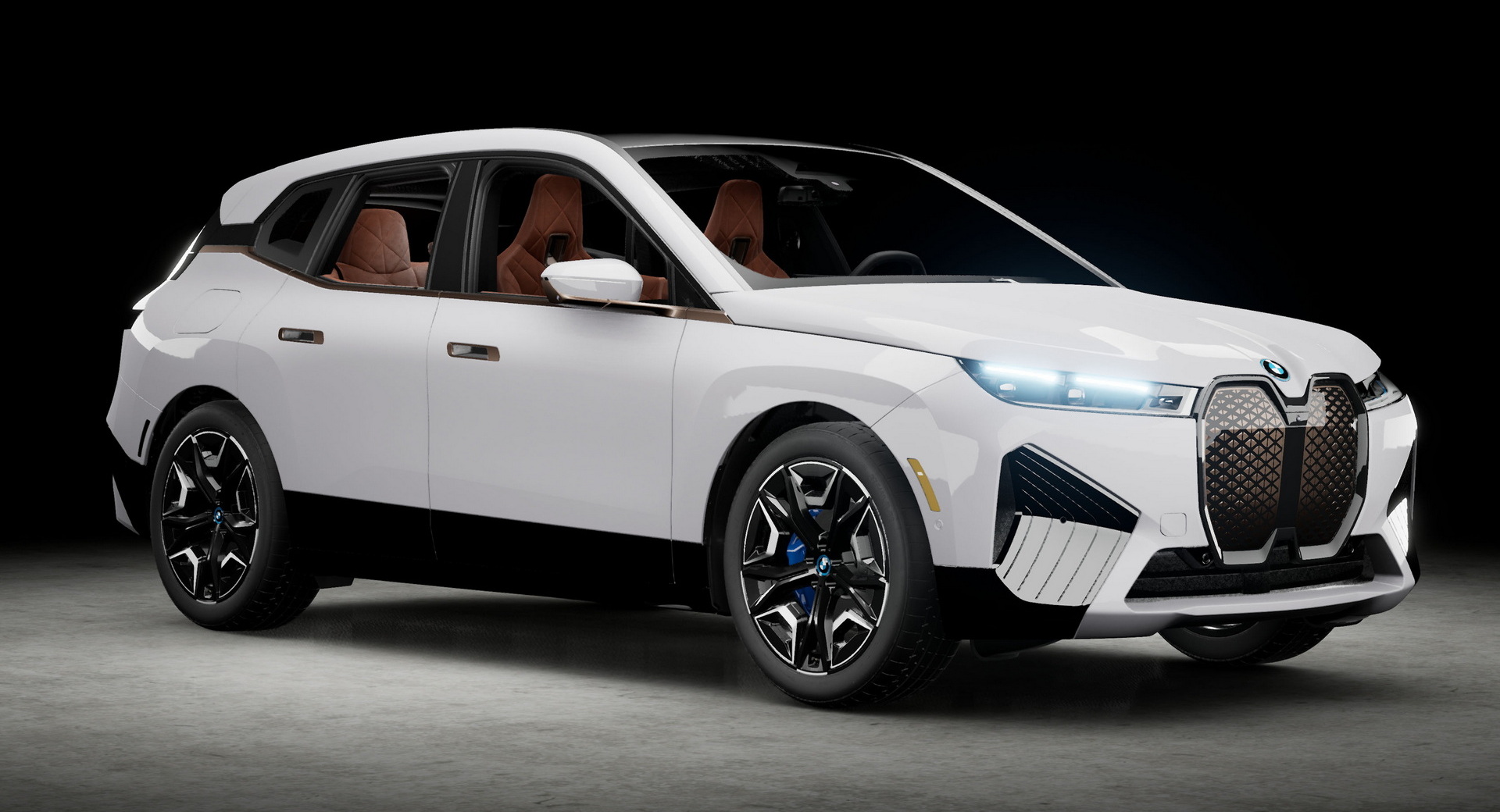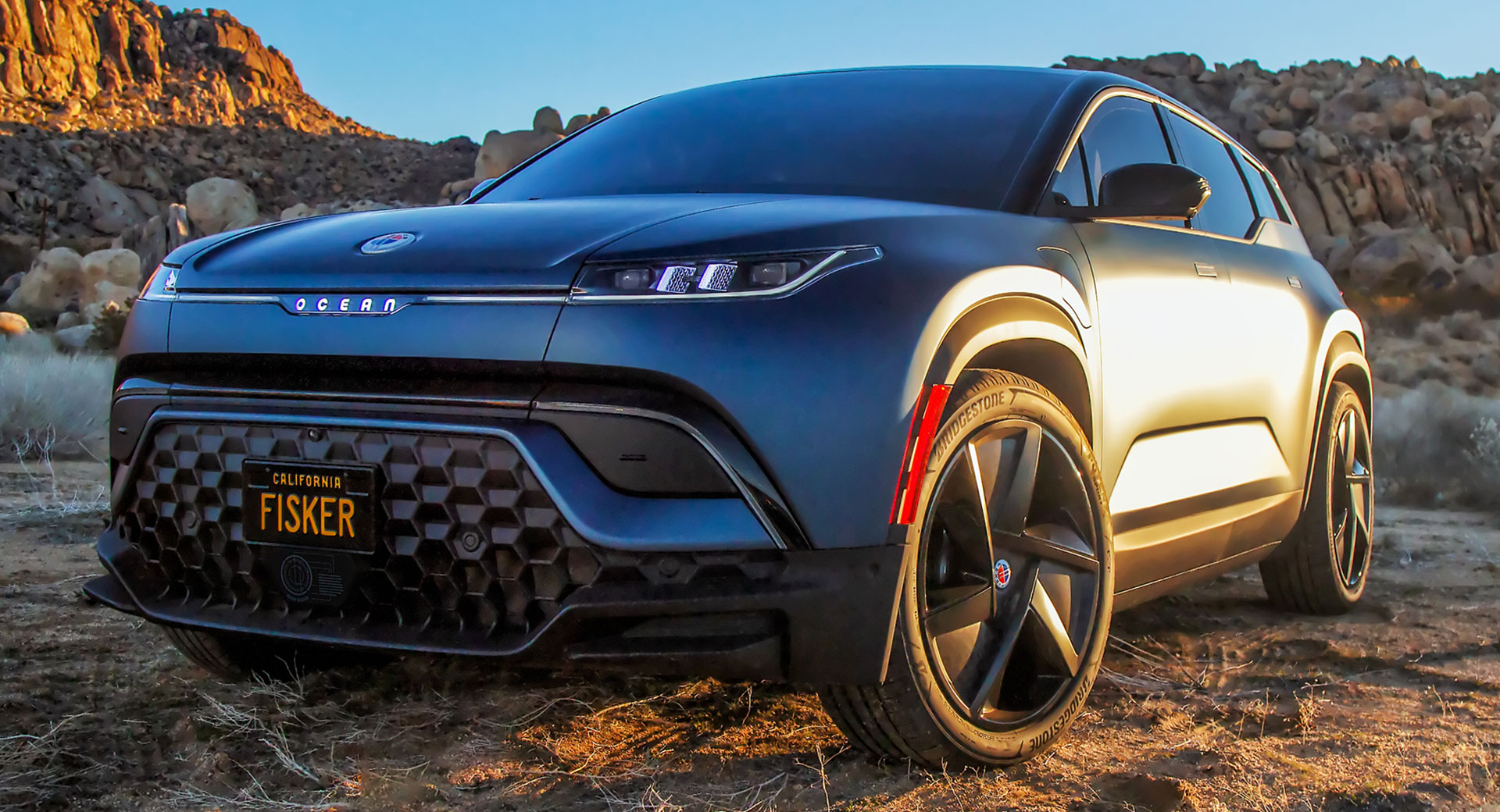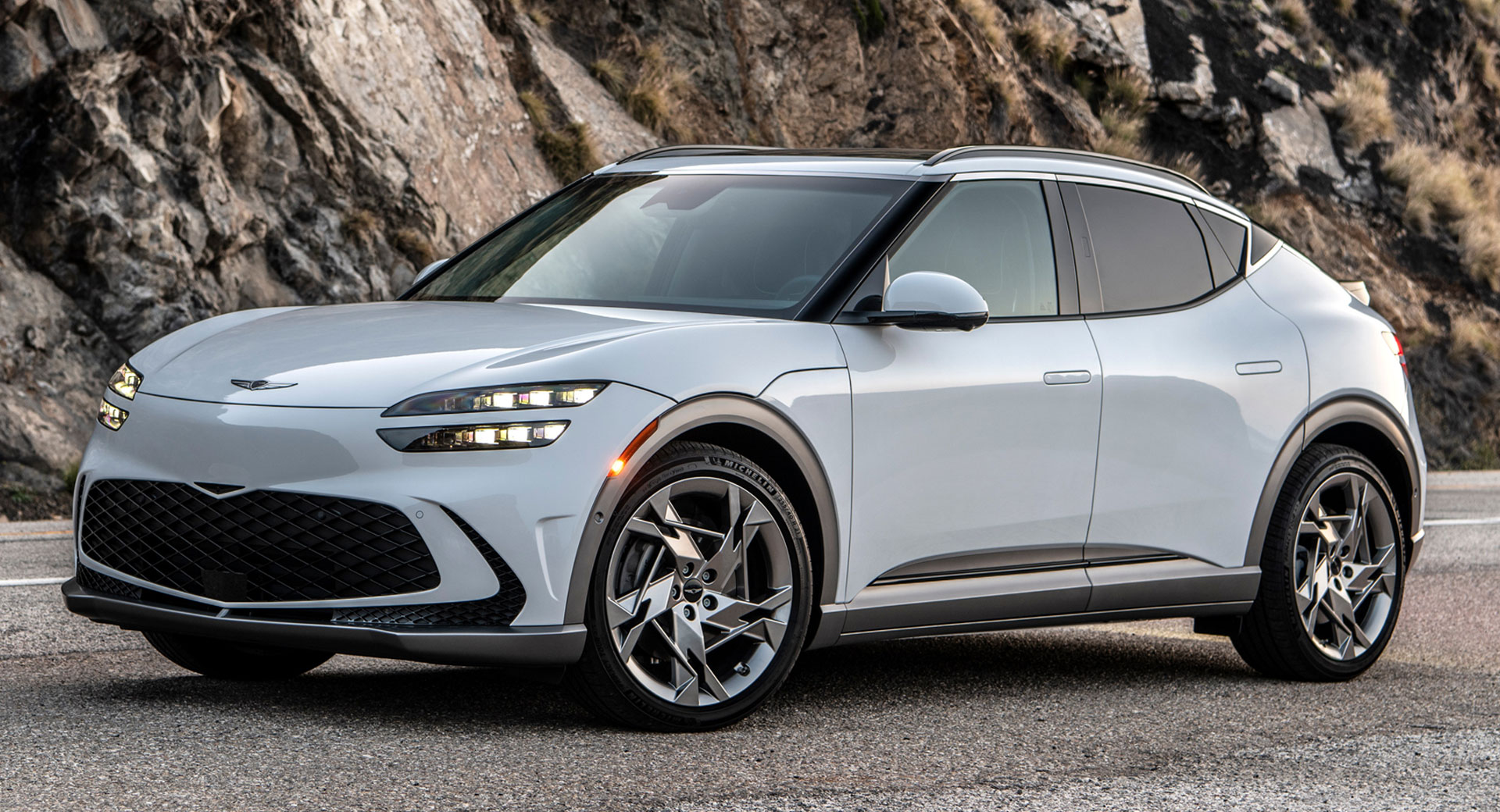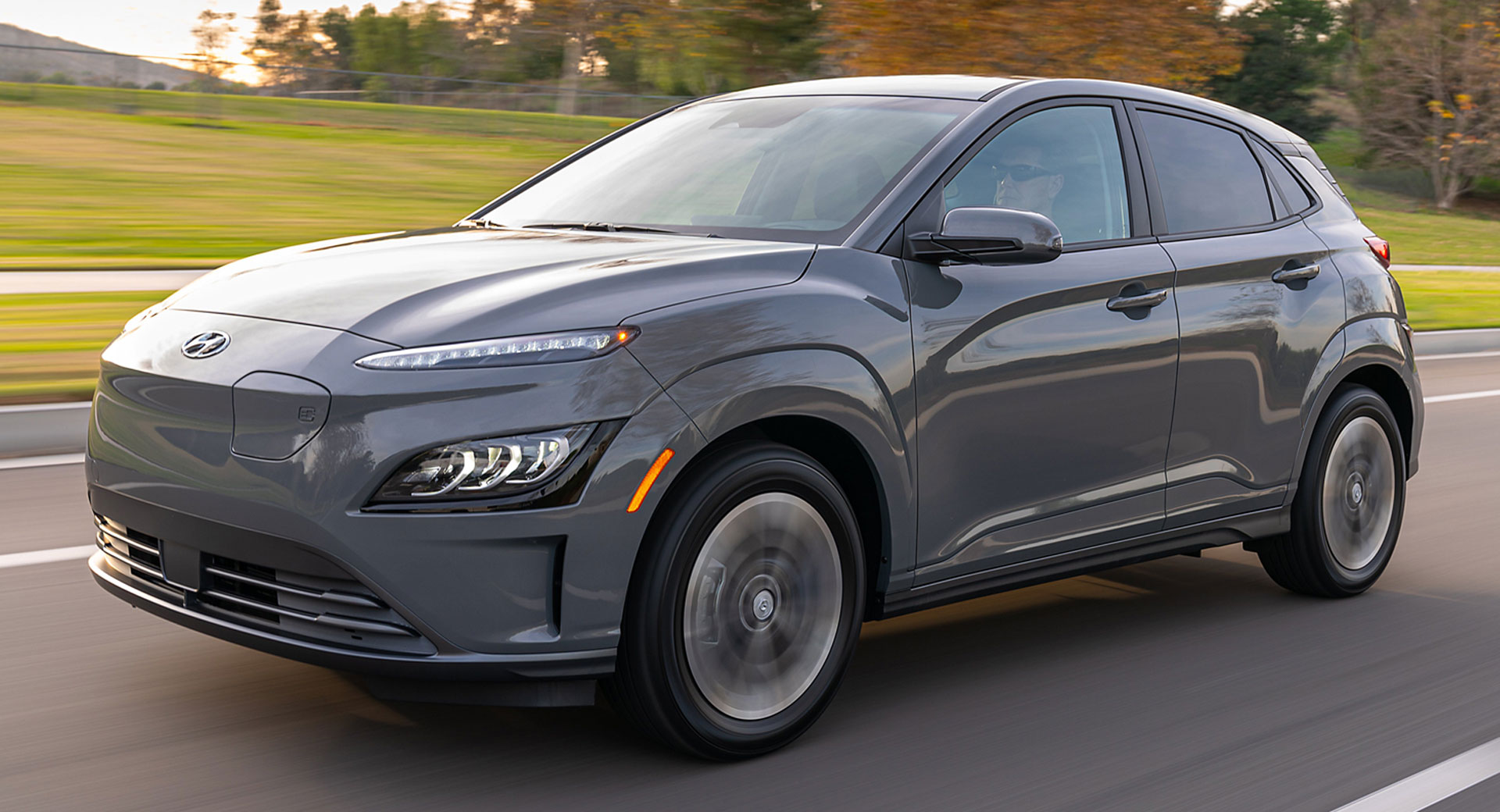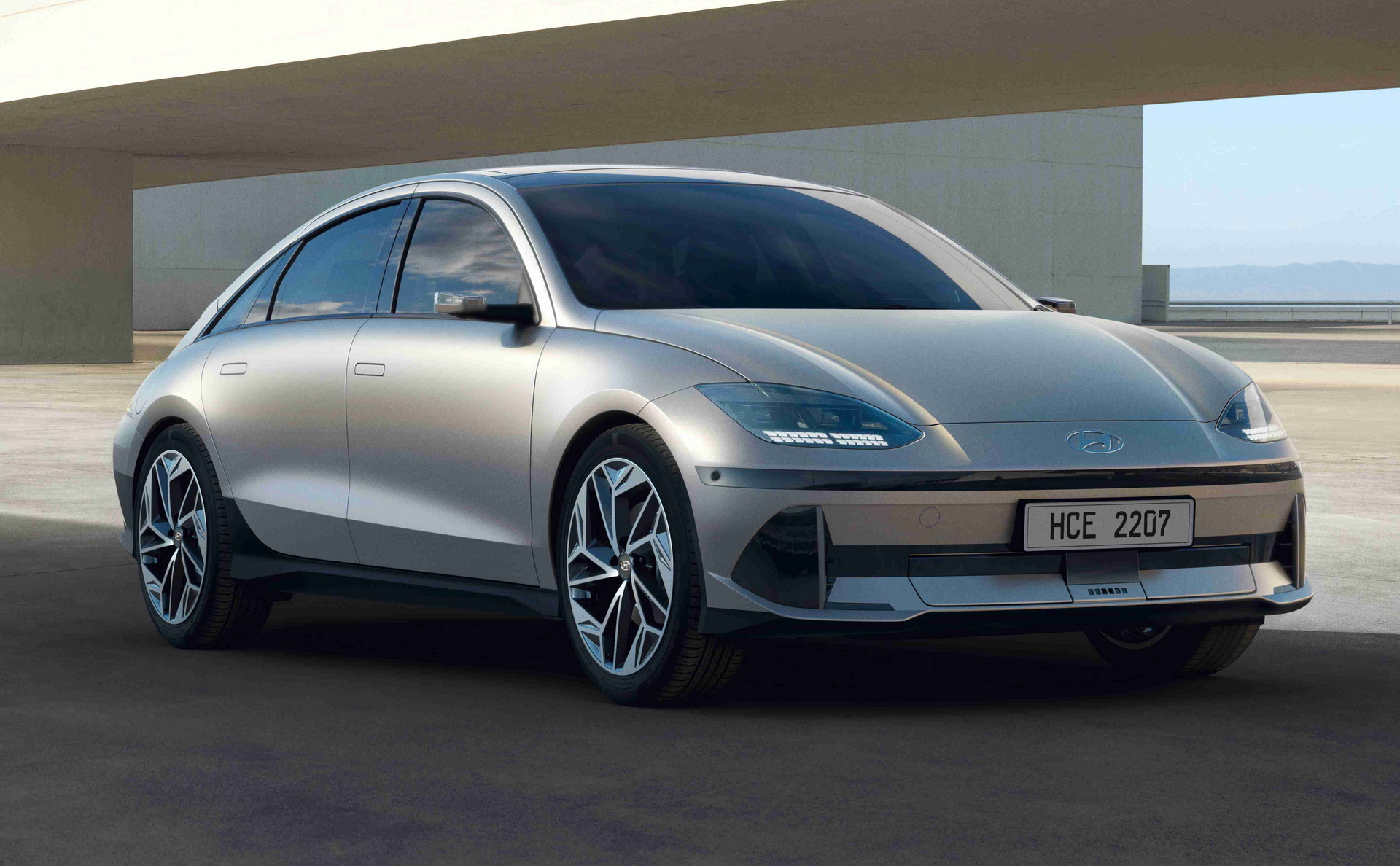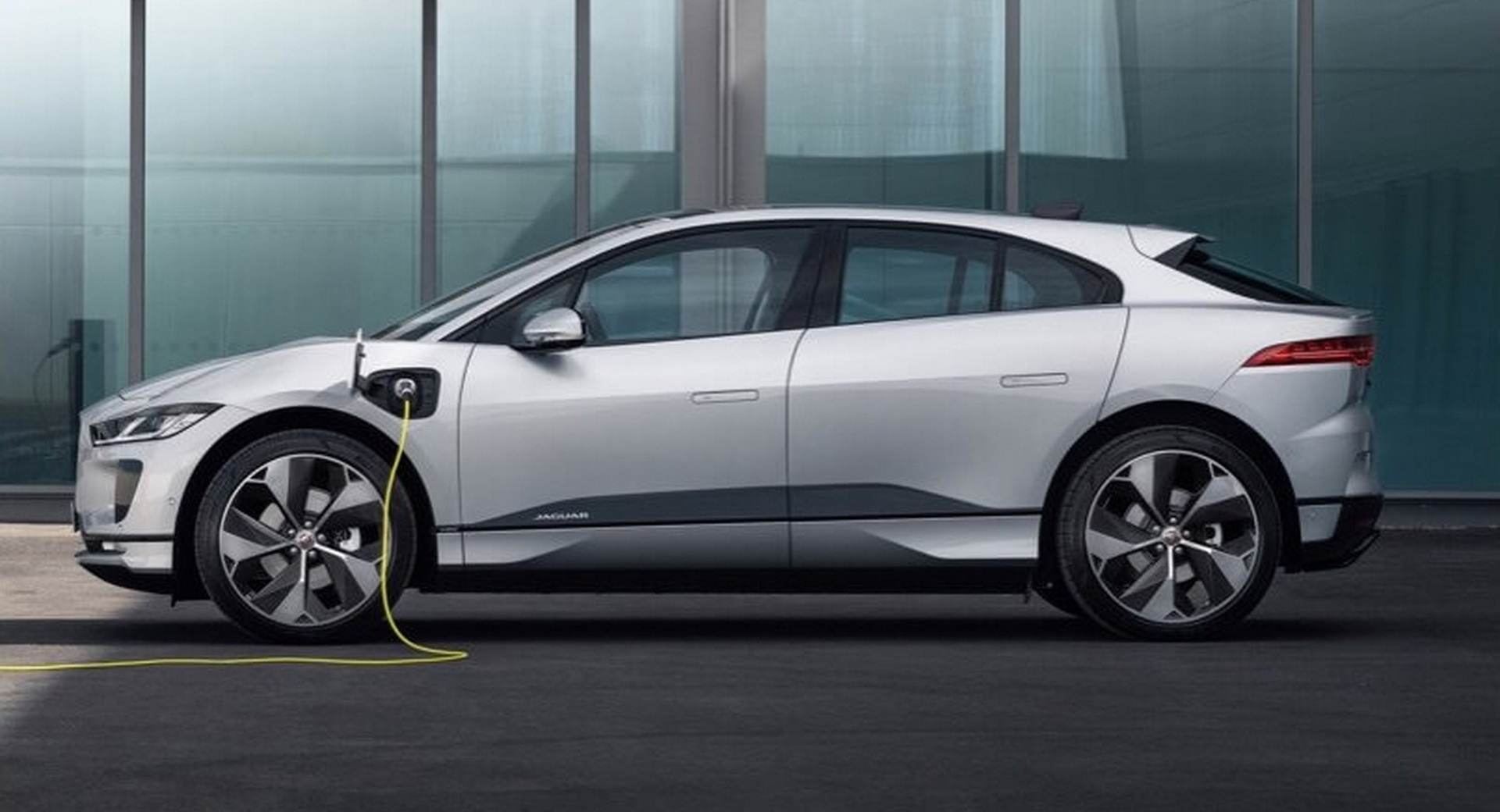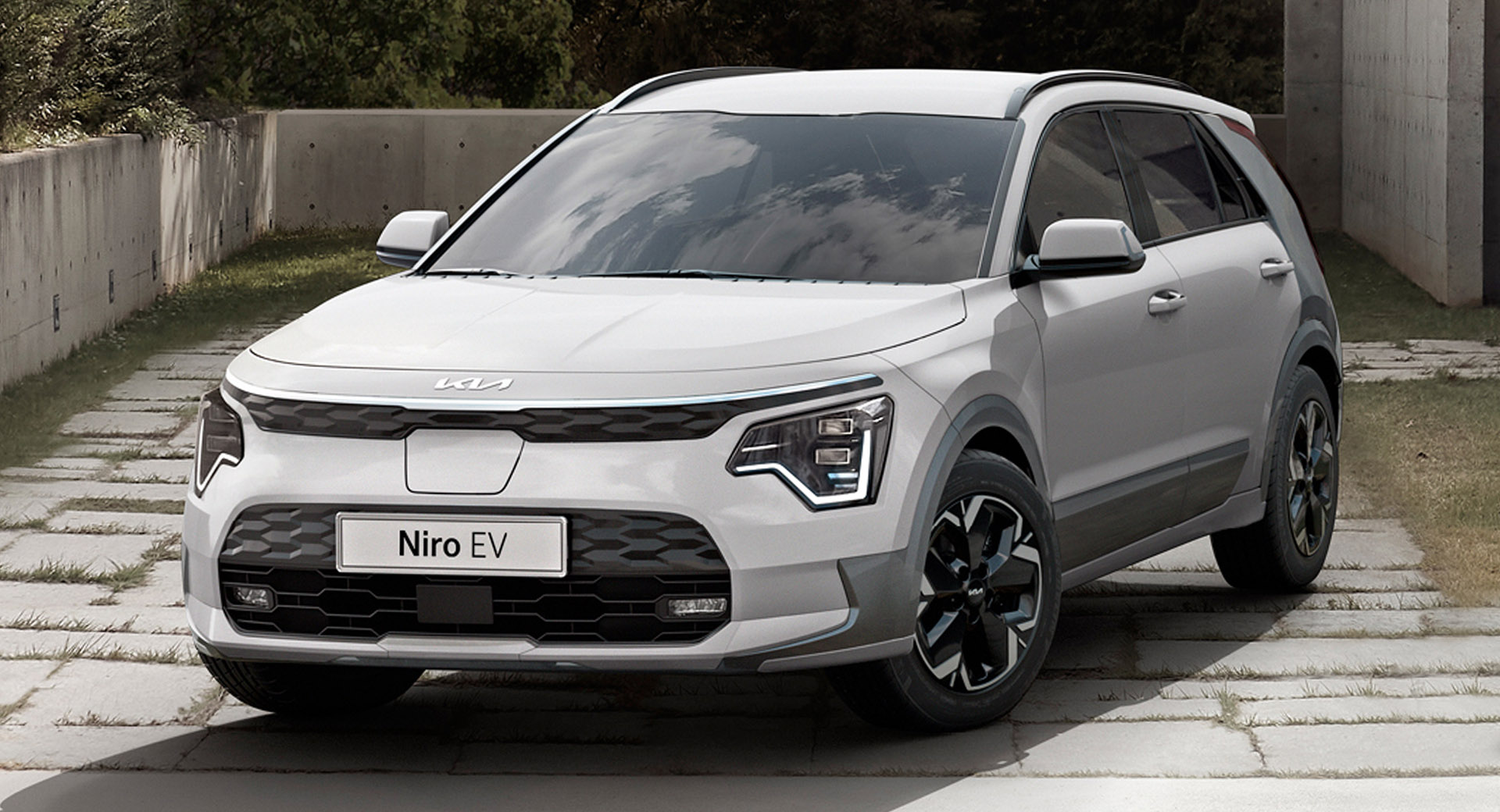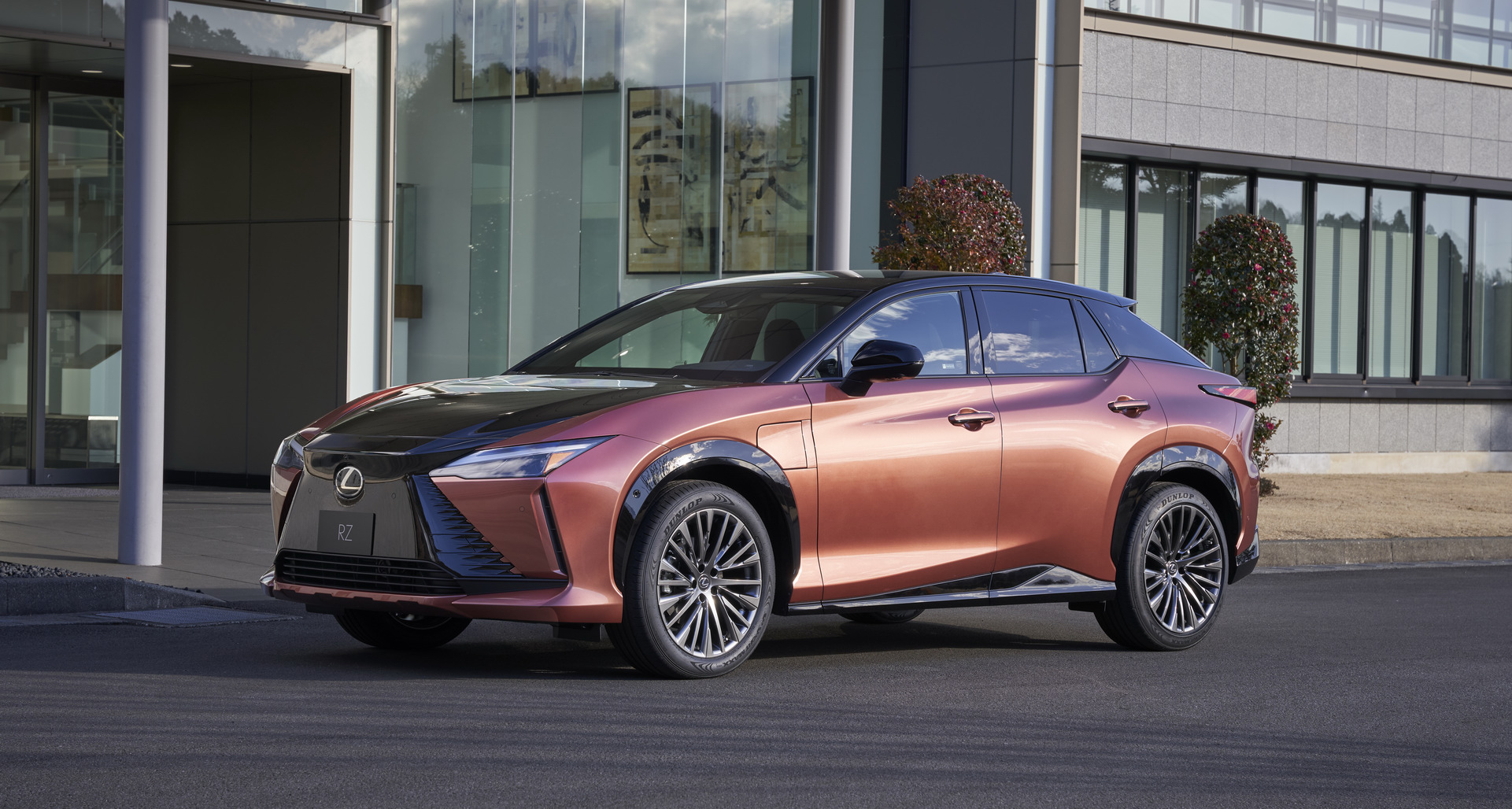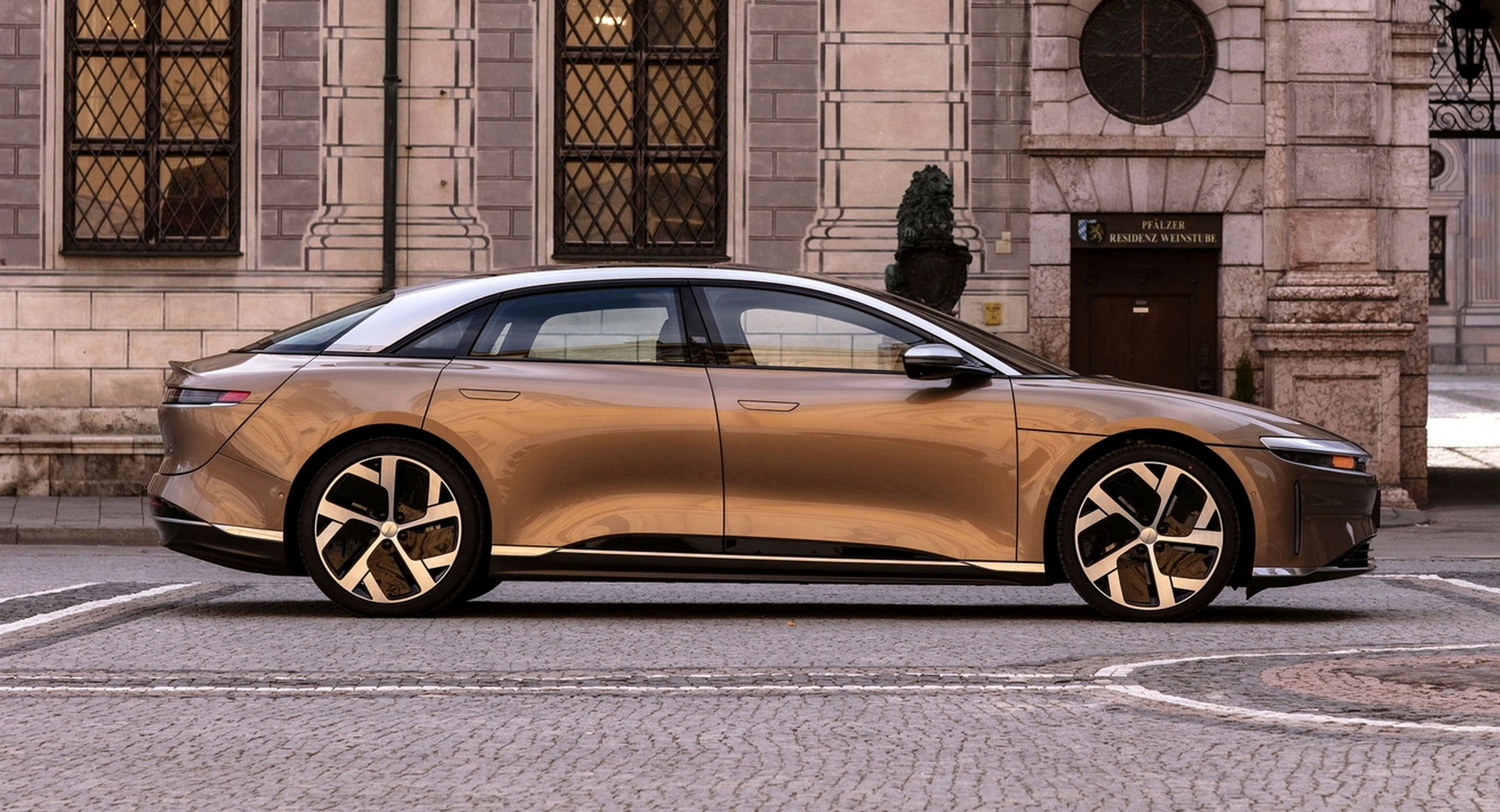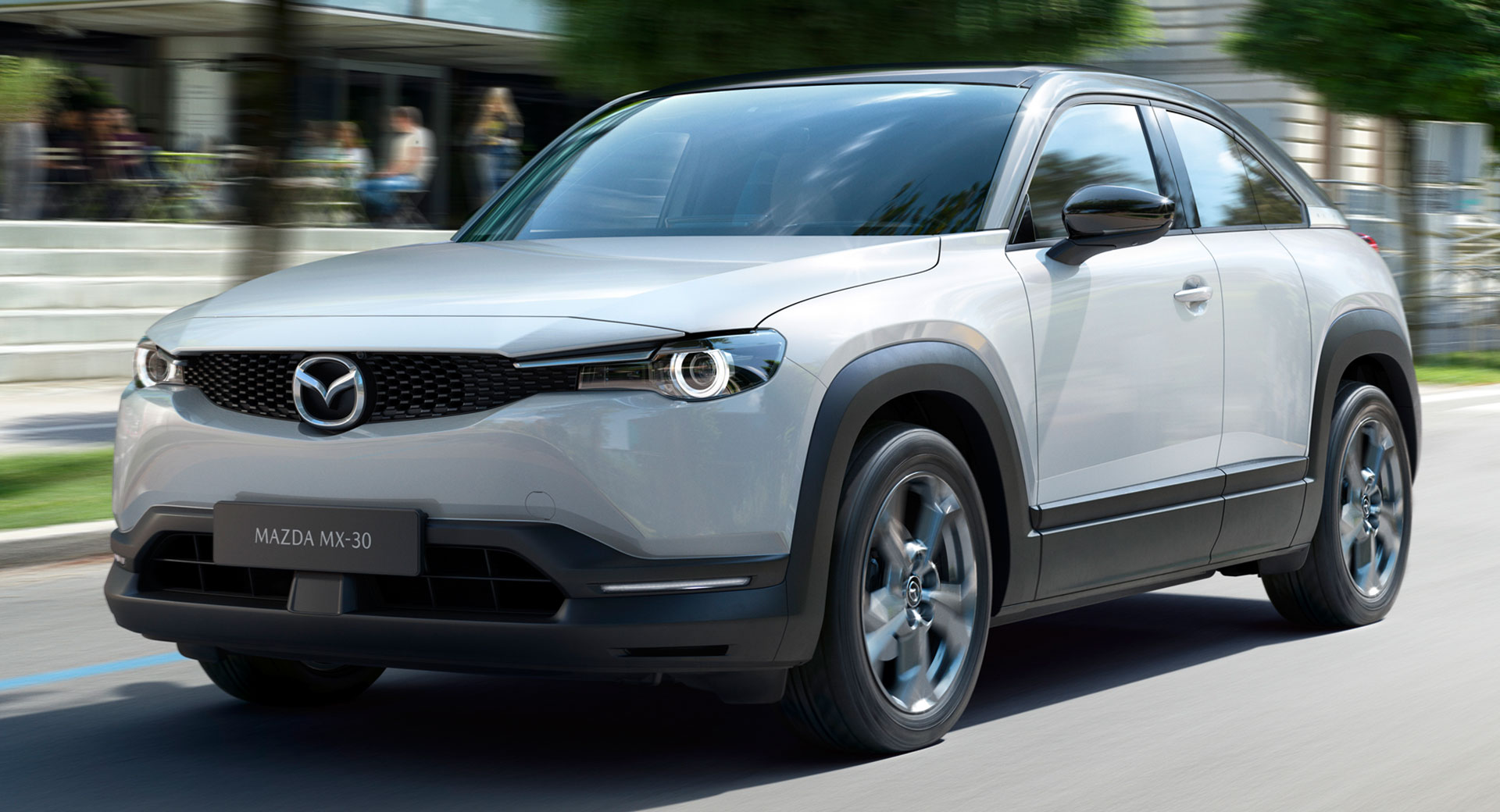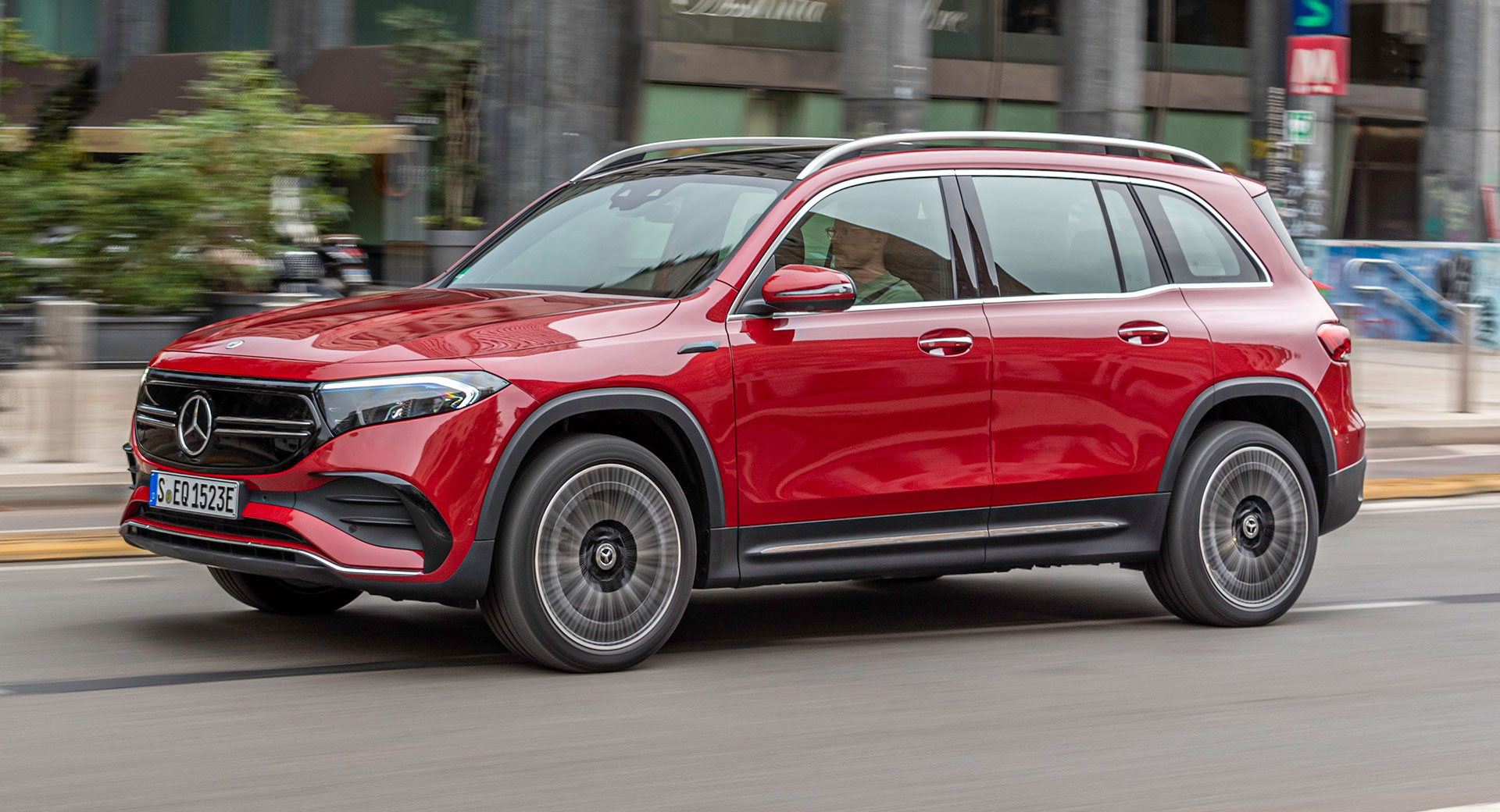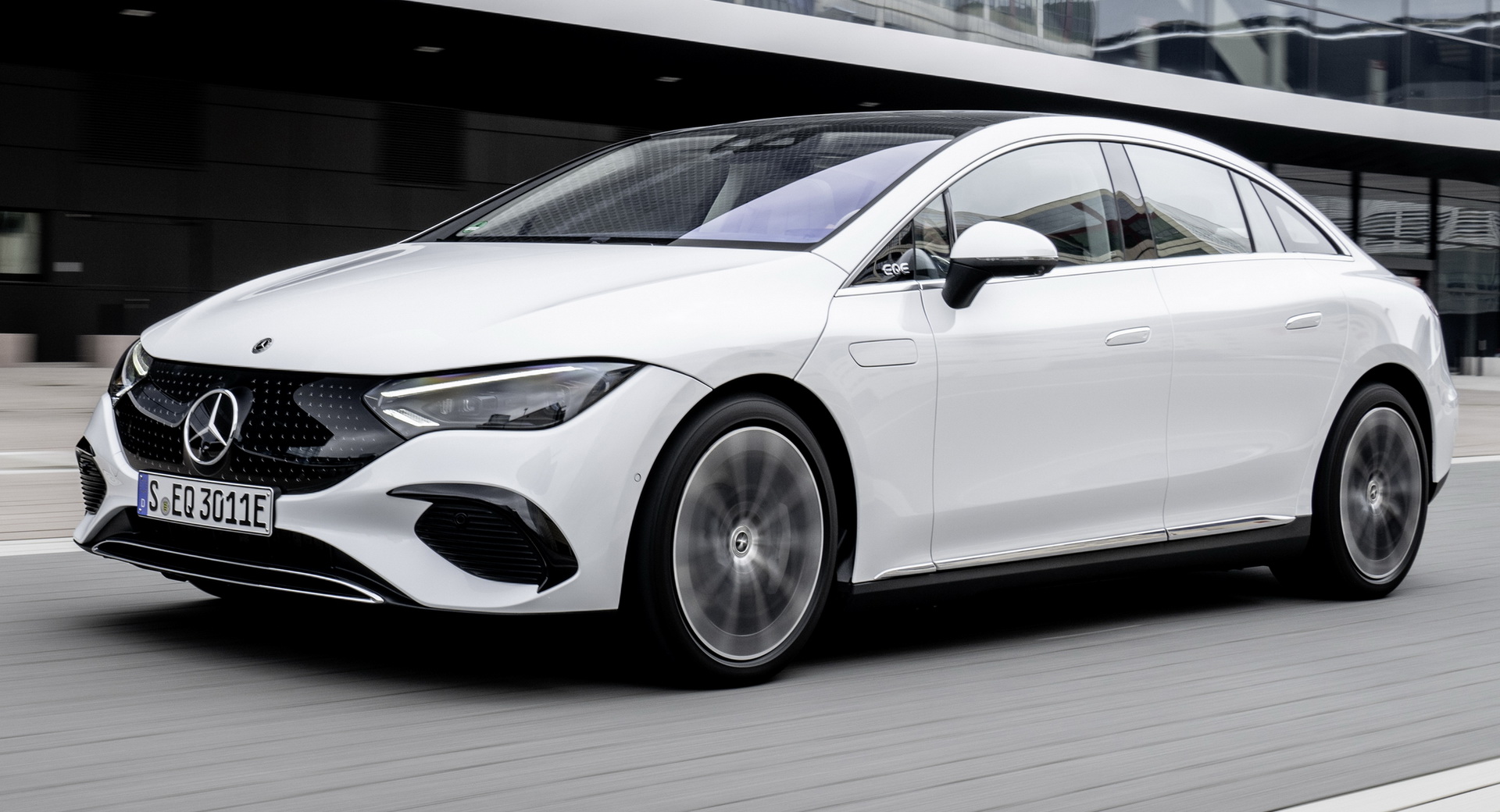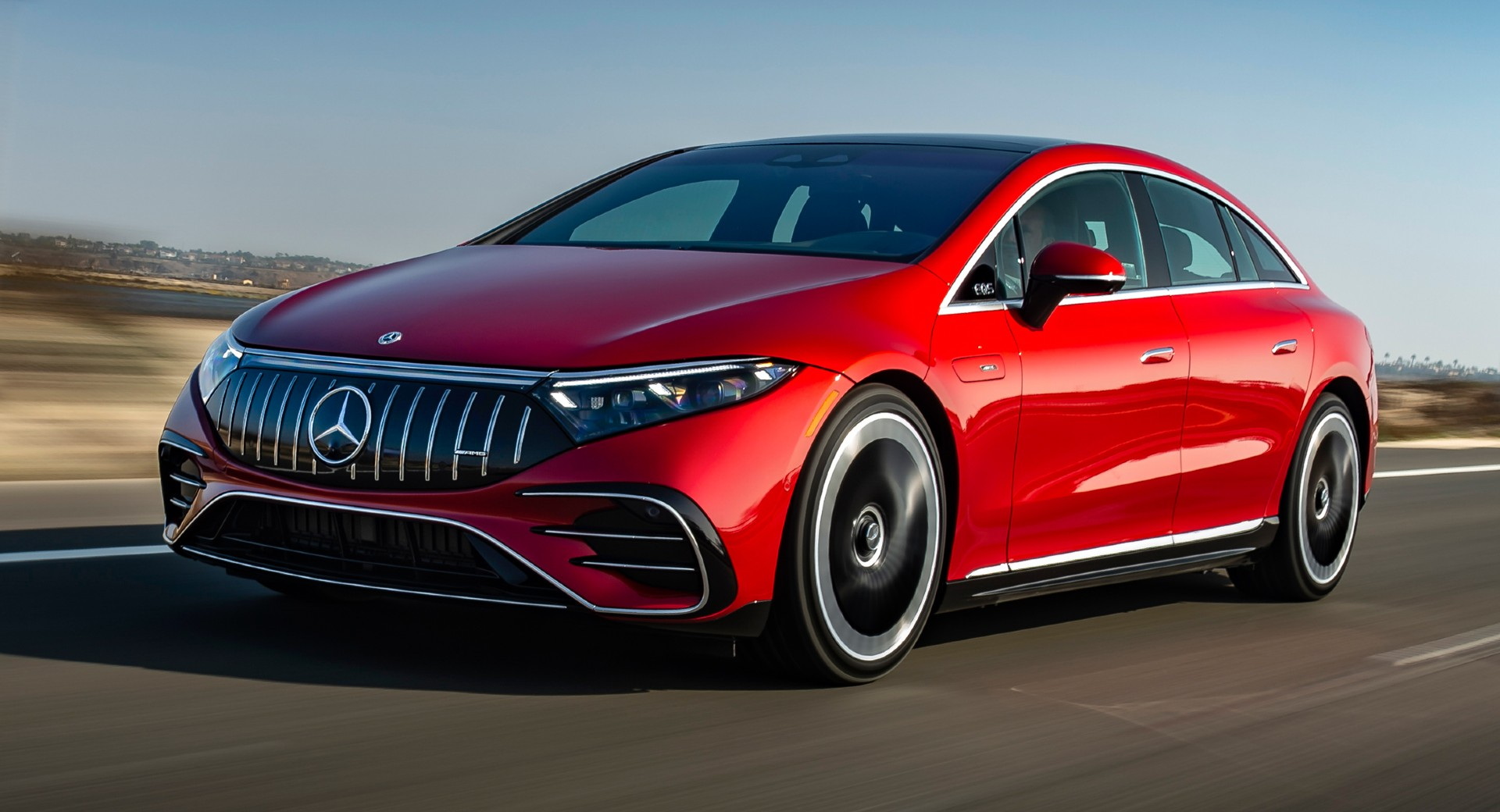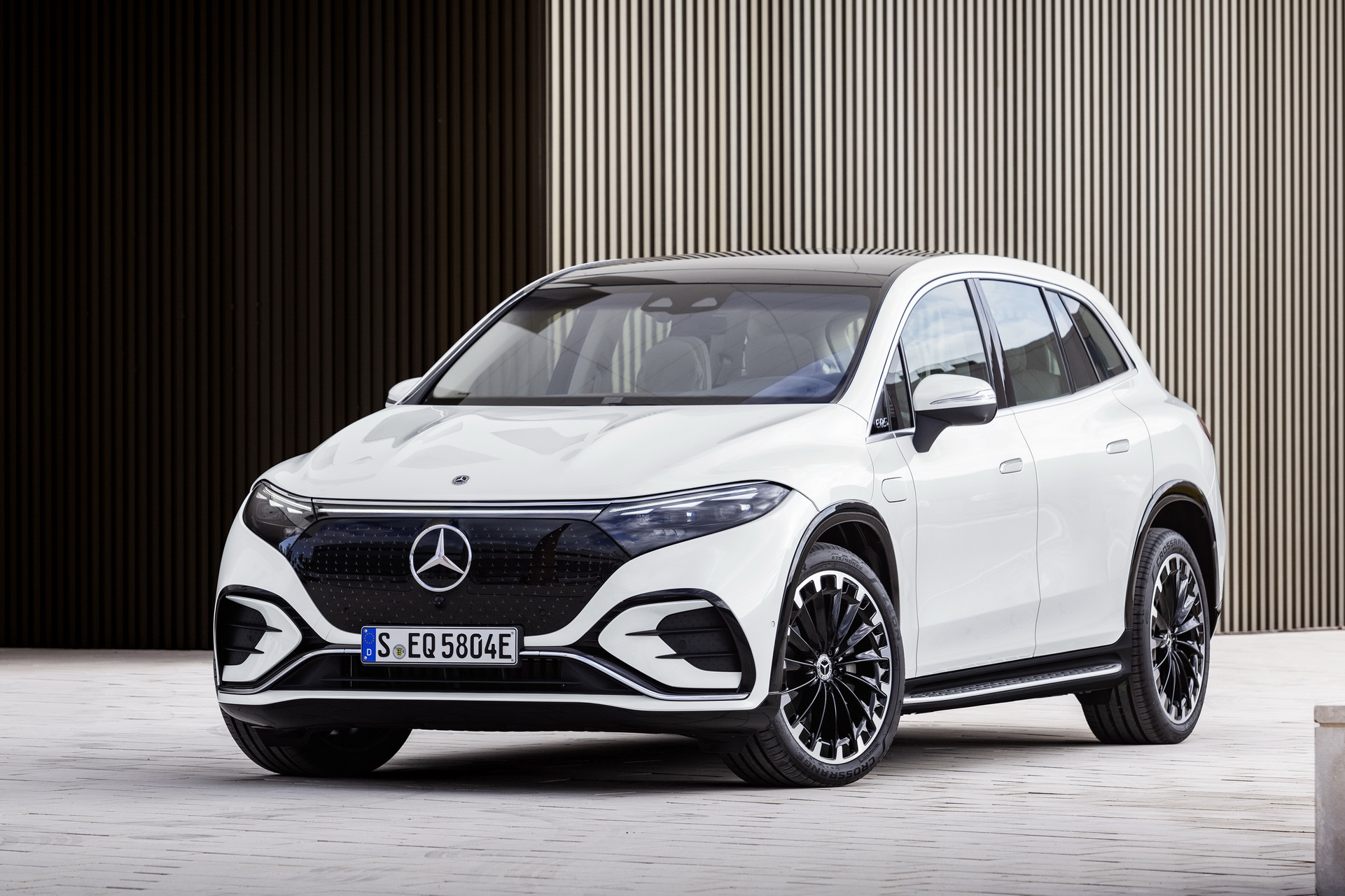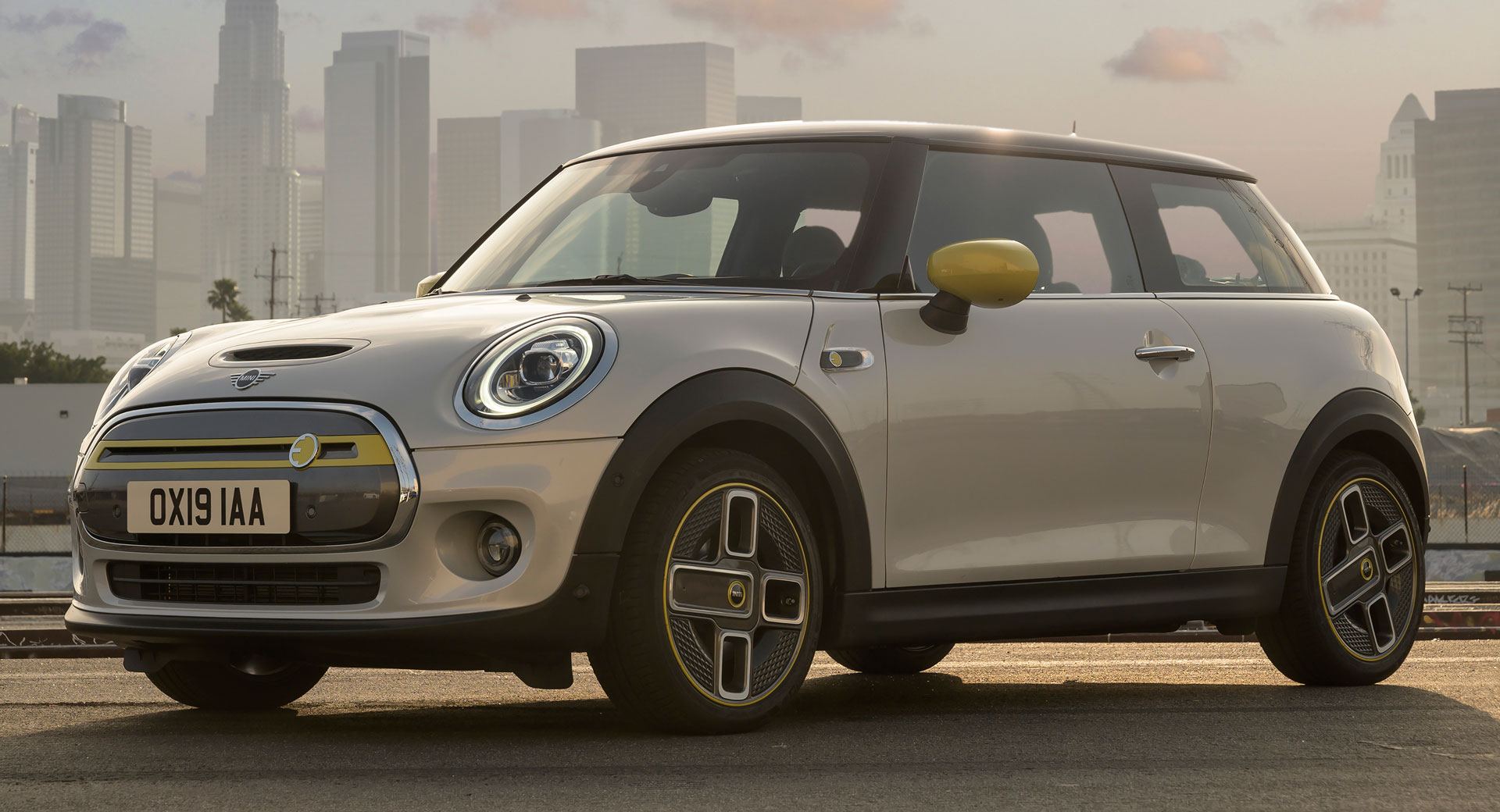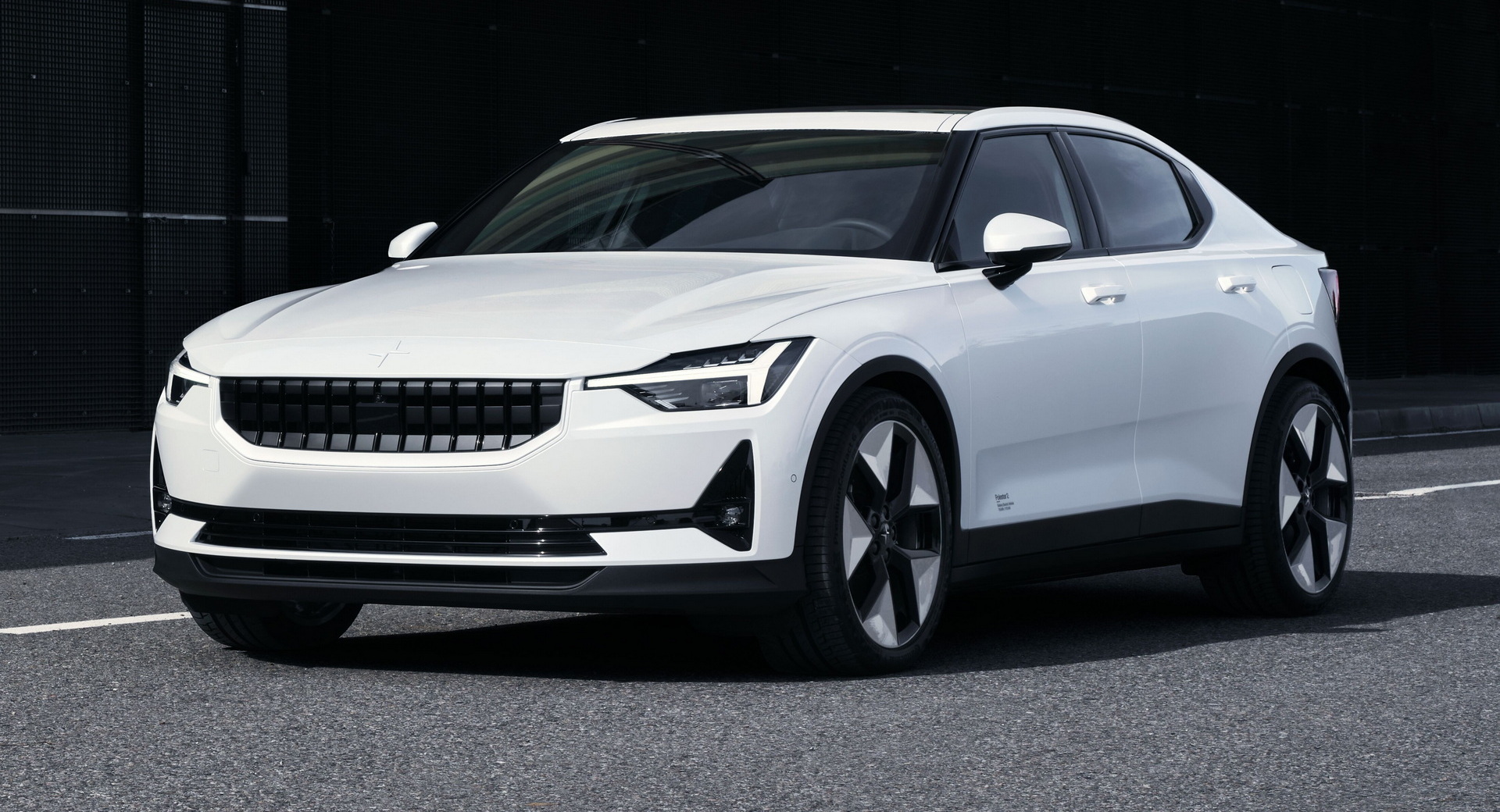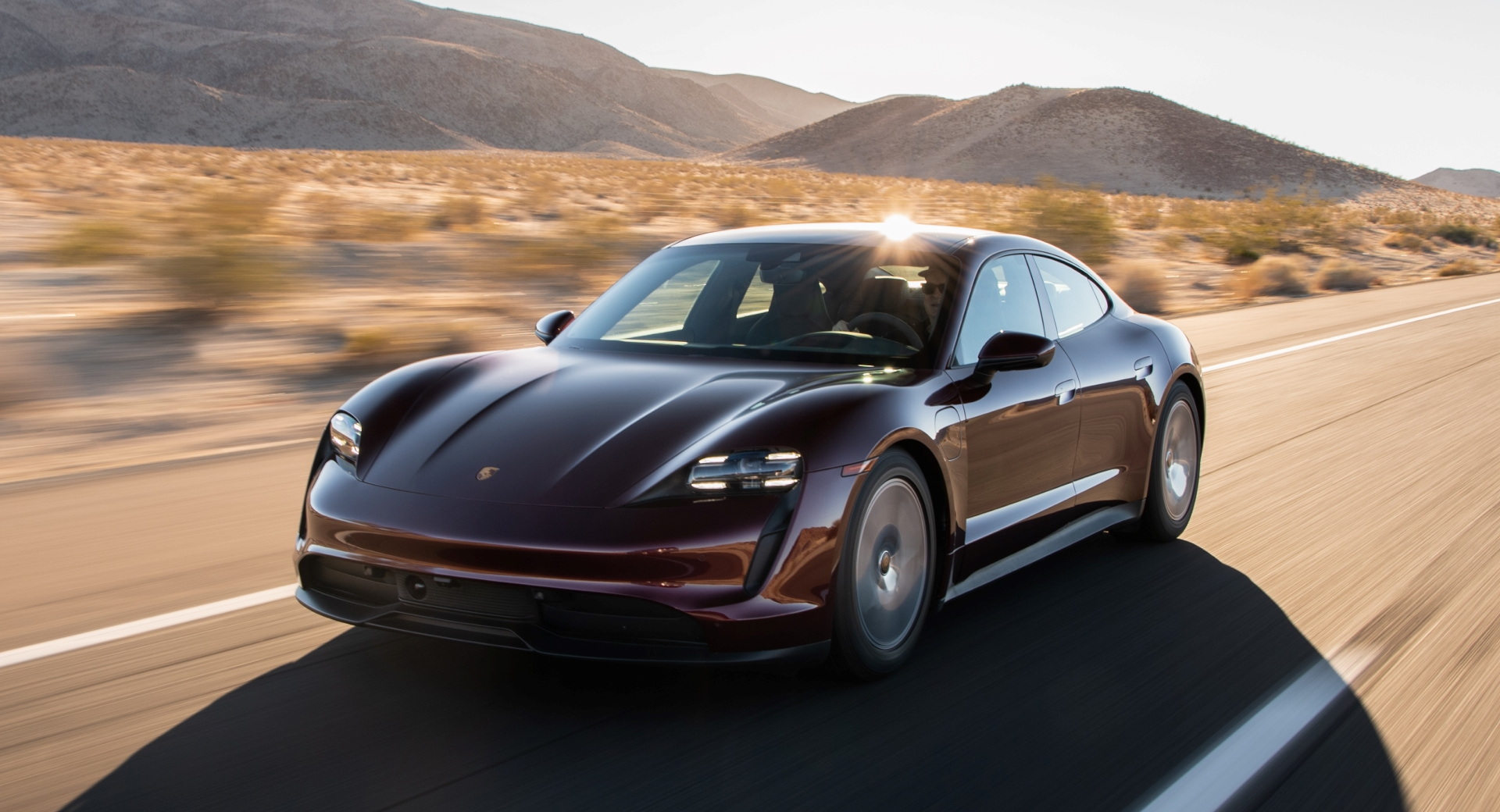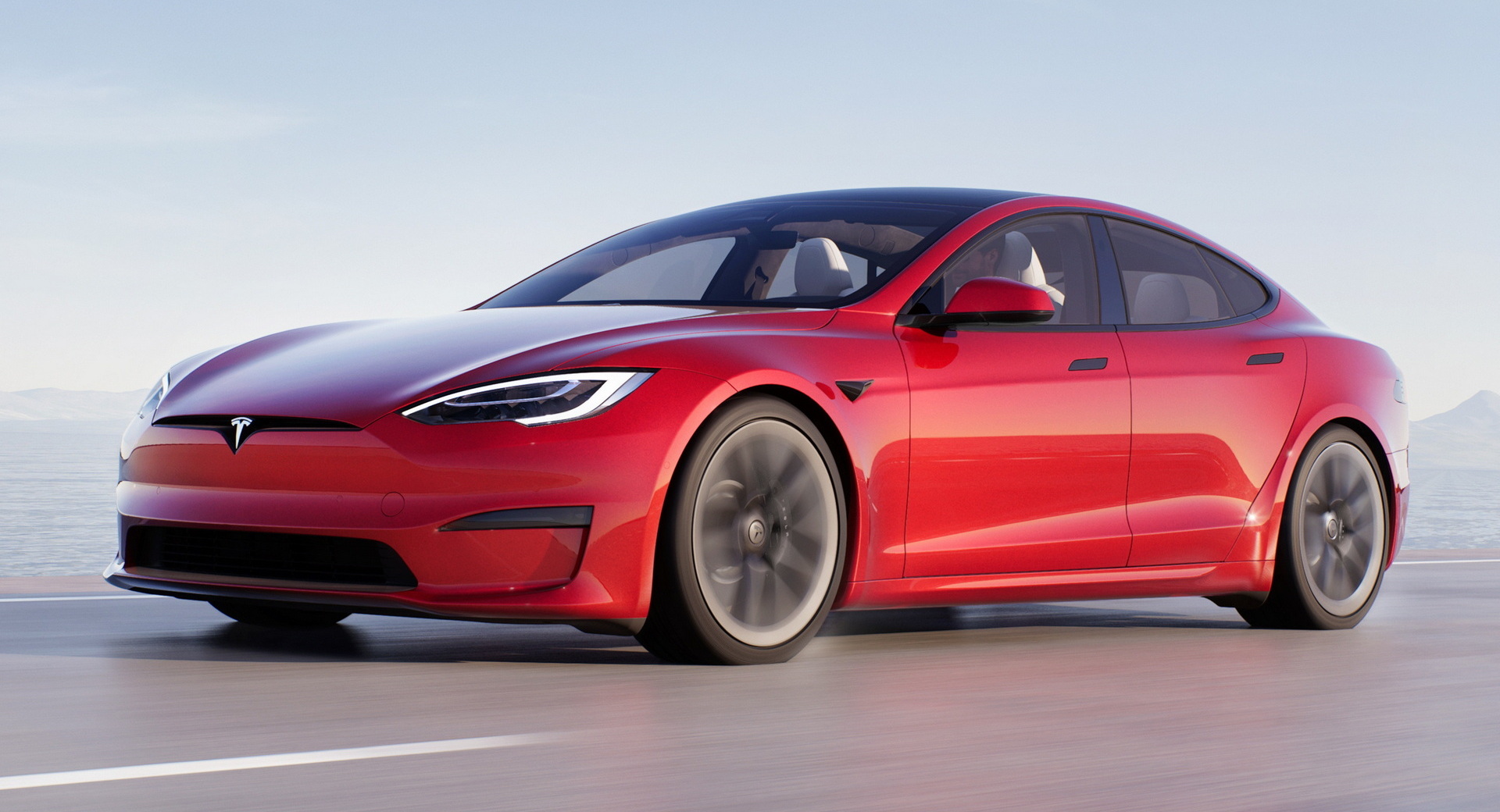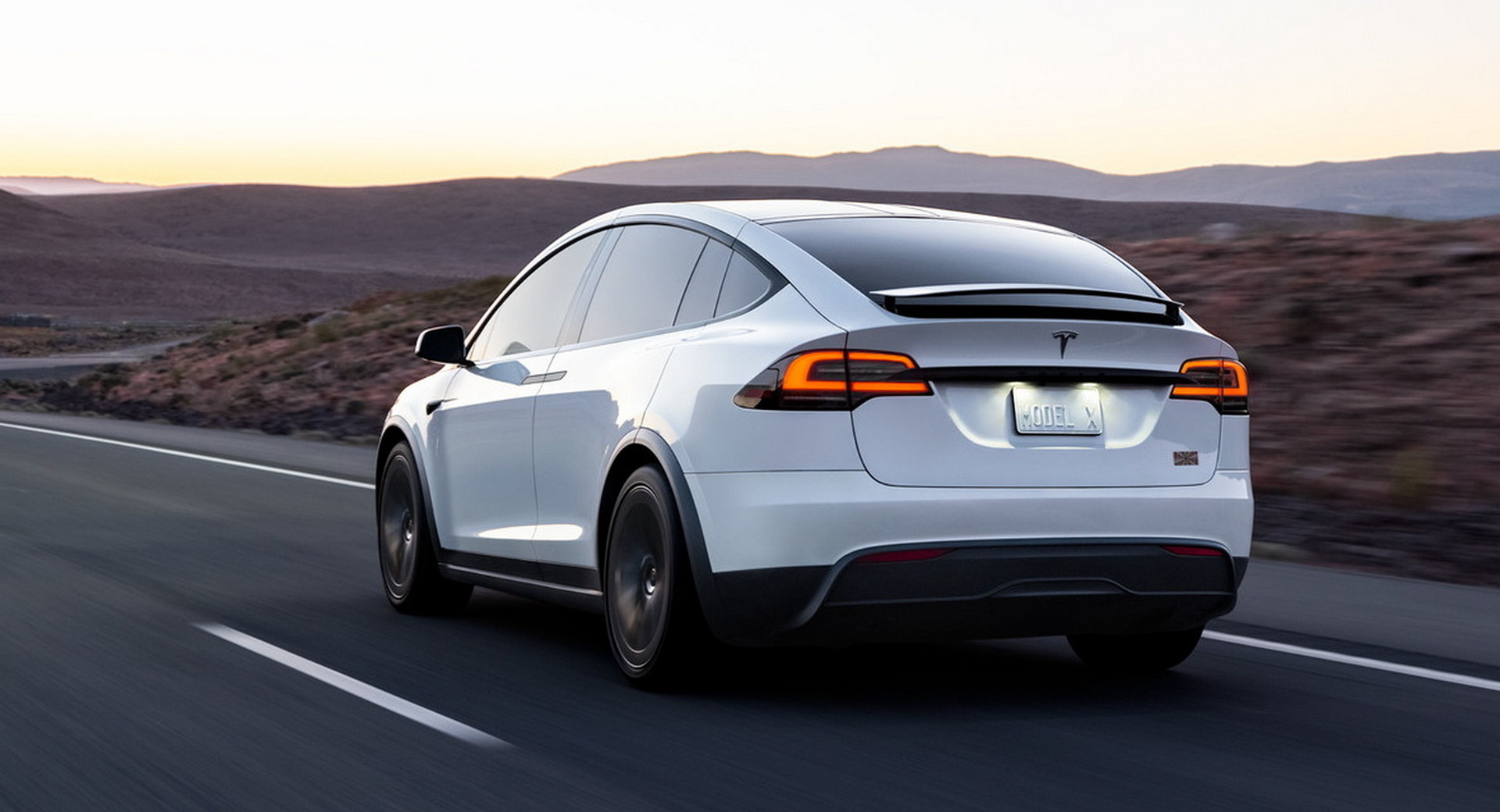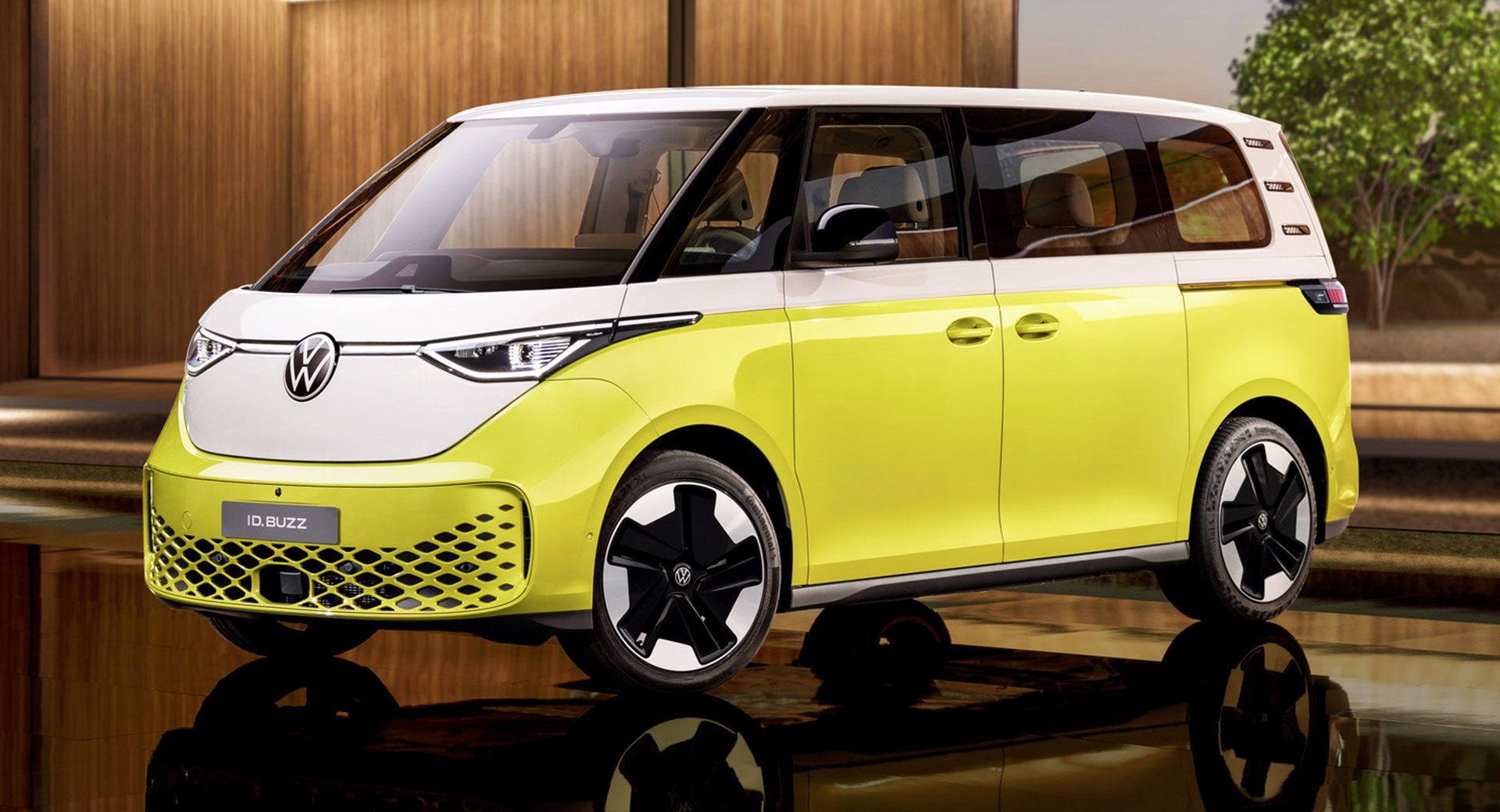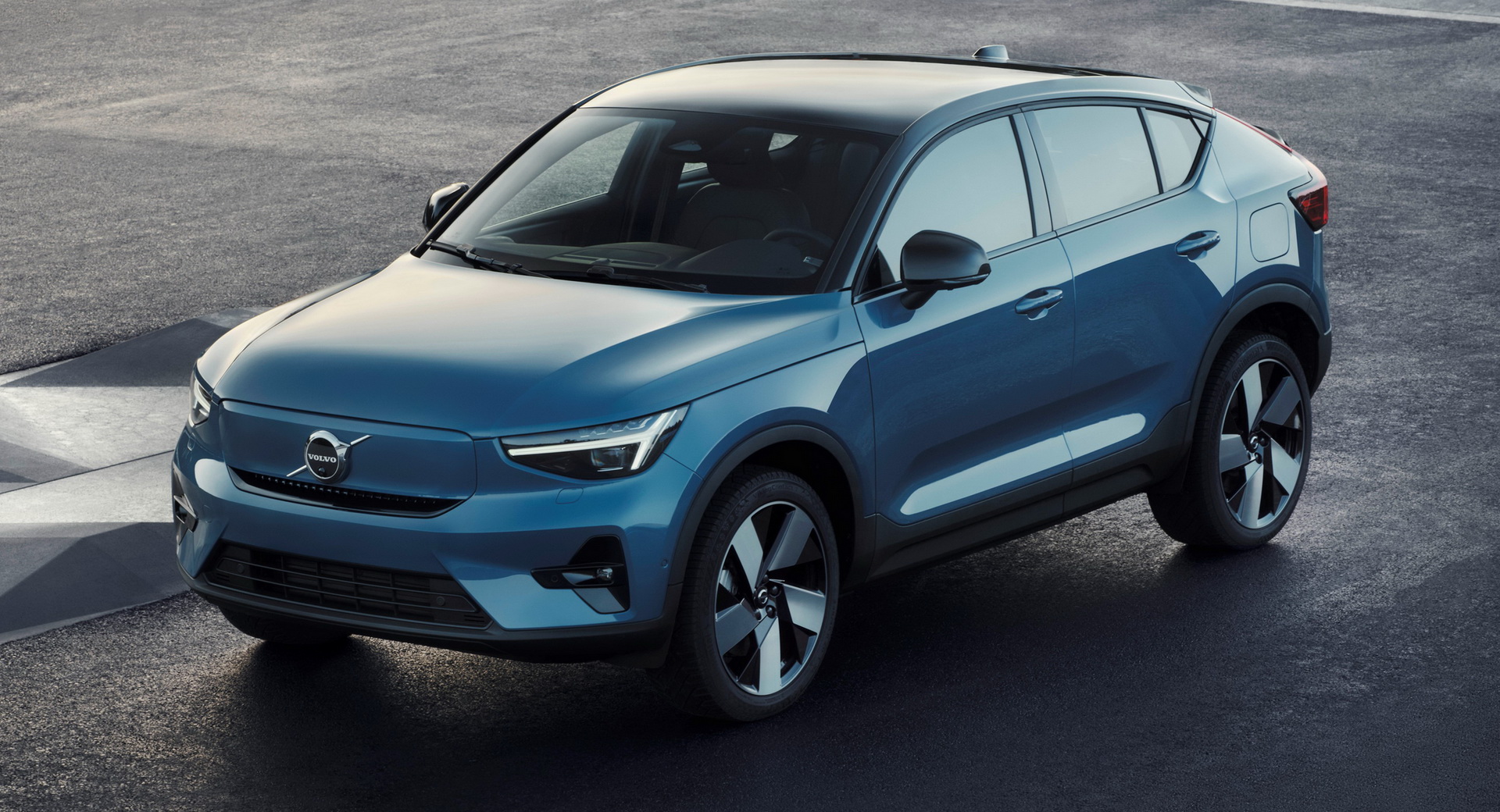The U.S. House of Representatives is poised to approve a $430 billion climate, health and tax measure that could make it much cheaper to own America’s most popular electric cars, the Tesla Model 3 and Model Y, and will give incentives to buyers of used electric cars for the first time. But the Inflation Reduction Act will also make huge swathes of other EVs more expensive.
The bill retains the $7,500 maximum tax credit but scraps the 200,000-unit production limit that GM and Tesla hit long ago, and which was about to affect other brands like Toyota and Ford. But to qualify for the new credits, EVs must now be made in North America, and that means tens of electric cars that were previously eligible, won’t be eligible going forward.
The new bill also brings in vehicle price caps of $55,000 for cars and $80,000 for vans, trucks and SUVs, meaning some Teslas, and every Rivian and Lucid won’t qualify for financial assistance. And even EVs built in America and below the price cap will only be eligible for aid if 40 percent of their battery materials are sourced in the U.S. or from a U.S. trading partner, that percentage rising to 100 percent by 2029. There’s also an income tax cap of $150,000 ($300,000 for couples) to make sure help only goes to those who need it.
Related: New $7,500 EV Tax Credit Passes Senate, Requires Carmakers To End Reliance On Chinese Batteries
The new system doesn’t completely come into force until January 2023. Until then we have a kind of, well, hybrid situation. Drivers who entered into written binding contract to buy a new EV (defined as involving a minimum 5 percent downpayment) before August 16, 2022, but who don’t take delivery until after that date, can claim tax credit under the old rules. And those who buy a new car after August 16, but take delivery by December 31, are also bound by the outgoing rules (including the 200k production cap), plus the new one about the vehicle’s assembly location.
Understandably, numerous automakers negatively affected by the change are seriously concerned about the impact the new rules could have on their business at a time when electric cars are booming in popularity. The new regulations will also affect credits available for hybrid cars, but we’ve focused on BEVs to pull together a list of 34 fully electric cars available now, or in the next few months, that won’t be eligible for tax credits under the new system.
Audi Q4 e-tron and Q4 e-tron Sportback (built in Zwickau, Germany)
Audi e-tron and Sportback (built in Brussels, Belgium)
Audi e-tron GT (built in Heilbronn, Germany, and exceeds $55k)
BMW i4 (built in Munich, Germany, and exceeds $55k)
BMW i7 (built in Dingolfing, Germany, and exceeds $55k)
BMW iX (built in Dingolfing, Germany, and exceeds $80k)
Fisker Ocean (built in Graz, Austria)
Genesis GV60 (built in Ulsan, South Korea)
Genesis G80 Electrified (built in Ulsan, South Korea, and exceeds $55k)
Hyundai Kona Electric (built in Ulsan, South Korea)
Hyundai Ioniq 5 (built in Ulsan, South Korea)
Related: Hyundai Motor Group To Build New EV And Battery Plant In Georgia Creating 8,100 Jobs
Hyundai Ioniq 6 (built in Asan, South Korea)
Jaguar I-Pace (built in Graz, Austria)
Related: European Union Says America’s Proposed EV Tax Credit Might Violate World Trade Organization Rules
Kia EV6 (built in Hwaseong, South Korea)
Kia Niro EV (built in Hwaseong, South Korea)
Lexus RZ 450e (built in Aichi, Japan)
Lucid Air (built in U.S. but price exceeds $55k)
Mazda MX-30 (built in Hiroshima, Japan)
Mercedes-Benz EQB (built in Kecskemét, Hungary)
Mercedes-Benz EQE (built in Bremen, Germany, and price exceeds $55k)
Mercedes-Benz EQS (built in Sindelfingen, Germany, and exceeds $55k)
Mercedes-Benz EQS SUV (built in U.S. but exceeds $80k)
Mini Cooper SE Electric (built in Oxford, UK)
Nissan Ariya (built in Kaminokawa, Japan)
Polestar 2 (built in Luqiao, China)
Porsche Taycan (built in Stuttgart, Germany, and exceeds $55k)
Rivian R1T (built in U.S. but price exceeds $80,000)
Subaru Solterra (built in Aichi, Japan)
Tesla Model S (built in U.S. but price exceeds $55,000)
Tesla Model X (built in U.S. but price exceeds $80,000)
Toyota bZ4X (built in Aichi, Japan)
Volkswagen ID. Buzz (built in Hanover, Germany)
Related: VW Suggests The ID. Buzz Could Be Built In North America After All
Volvo C40 Recharge (built in Ghent, Belgium)
Volvo XC40 Recharge (built in Ghent, Belgium)
Will the implications of the Inflation Act on EV eligibility for tax credits make a difference to your plans to buy an electric car? Are you more likely to buy a Tesla Model 3 after January when the 200k production cap is lifted? And are you less likely to buy a Toyota bZ4X knowing that it no longer qualifies for federal aid? Leave a comment and let us know.




